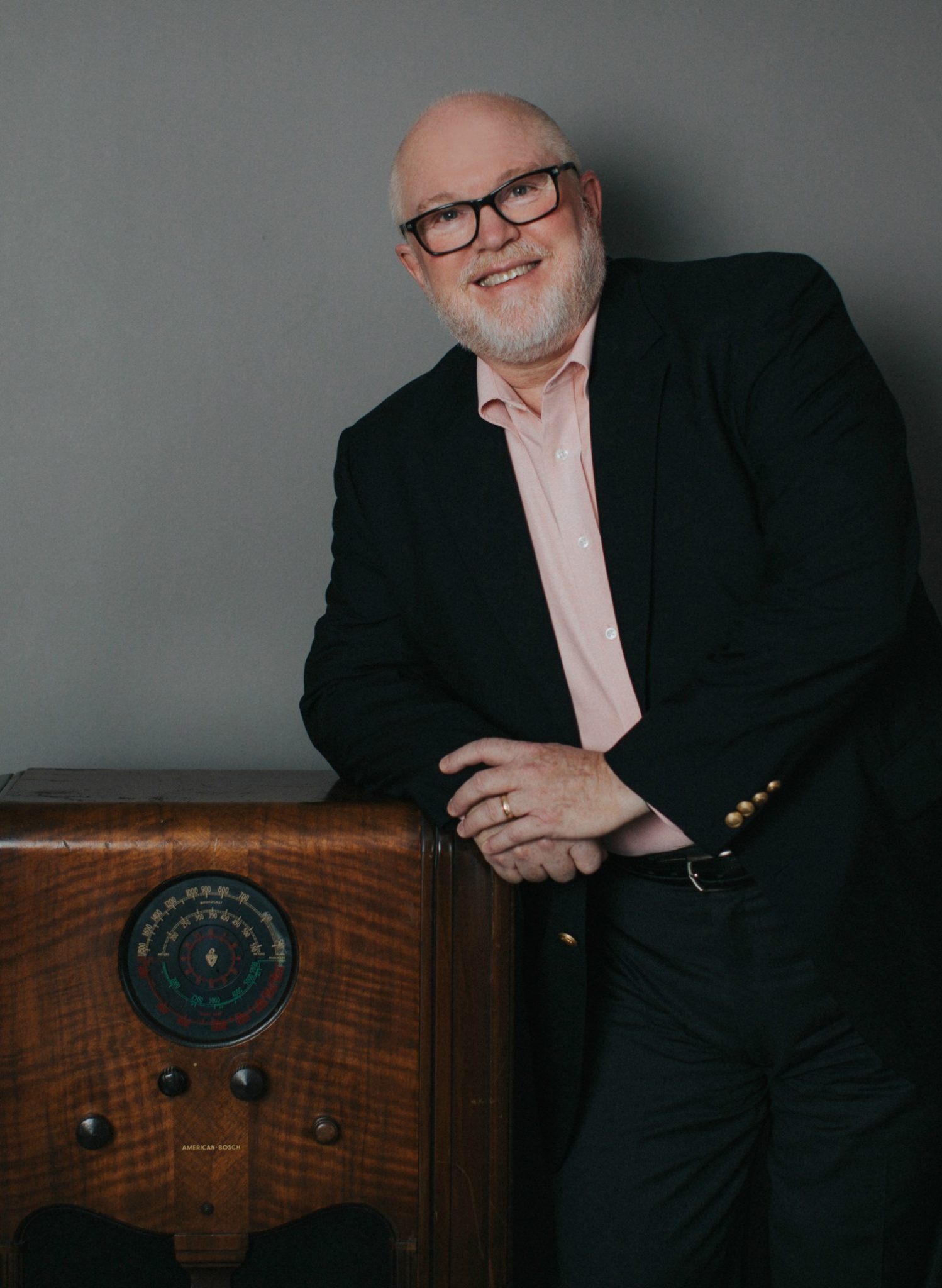Is Mentoring Right for Your Station?
I think the short answer is “yes,” but let me tell you why.
No matter how adept you are at your job, you can always improve. Sports stars who make millions of dollars a year in salary and endorsements spend part of that income improving their skills. Captains of industry around the world generally have another leader they can lean on for advice, counsel, and coaching. If we want to continue to hone our craft, most likely we can’t do it alone.
If you’ve ever read a programming article, picked up a management book, or attended a CMB Momentum Conference intent on finding information to help your radio station reach more listeners, you already understand the benefit of learning. However, the number of us who actually take this information and turn it into a workable improvement strategy is relatively small. This is where mentoring can help.
Mentoring is when you let a person with the expertise you’d like to acquire come alongside your station and offer help. It’s an active, participatory relationship in which you take time together to look closely at your radio station with an eye toward finding strategies and tactics to help you grow. The insights gained through this process often propel the station forward at a speed that would not otherwise have been possible.
Perhaps you’ve already experienced this at your station, but in a slightly different way. Have you ever taken a call or answered an e-mail from a Christian radio colleague who needed help in navigating a difficult radio problem? Maybe you spent time helping him or her understand how your station dealt with the issue. Perhaps you asked some clarifying questions that helped your friend see things more acutely. Maybe you spent time together praying for wisdom and asking God to reveal His truth in the situation. And then, a few months later your friend told you how your counsel provided not only encouragement, but the practical help that was needed. Let’s face it – that feels good. To know that God used the wisdom you gained through experience to help someone else through a challenge encourages you in a way few other things do.
Mentoring is when you let a person with expertise you’d like to acquire come alongside your station and offer help.

MENTOR
ˈ/menˌtôr,ˈmenˌtər/
a : a trusted counselor or guide: “a mentor can hold up a mirror to us.” — P. W. Keve
b : tutor, coach
Though this kind of mentoring is a blessing that can work for occasional issues (when the right friend is available and has time to spare), that sort of one-sided approach isn’t a sustainable model. We’re all busy. Though we’d love always to be available to help our friends deal with radio-related issues, mentoring functions most successfully when it is part of an educational program designed specifically for ongoing strategic assistance to the station being mentored.
We all probably know of a Christian radio station that has helped a station in another part of the world. Maybe you even work for one of these stations. Money may have been raised to help buy a new transmitter, or maybe a radio team traveled from your station to offer expertise to another broadcast ministry. Those are wonderful experiences. More often than not, however, they are short-term or seasonal projects.

An ongoing mentoring relationship offers something more.
Much like a consultation, except at a fraction of the financial commitment, mentoring unites radio professionals who want to learn with those who have the ability to teach. For the most part, mentoring relationships are not designed to offer a station financial help, but rather to offer the expertise and wise counsel that can come only from having already experienced most of the issues Christian radio stations deal with. The people most qualified to help you through your battles are the ones who’ve fought them, or ones like them. When a radio station can take their hindsight and, over time, help you make it your station’s foresight, that’s mentoring.
Mentoring also differs from traditional consultation insofar as a consultant is usually a subject matter expert in just a handful of areas. While they may understand programming, music selection, and talent-coaching, if pressed to help you with engineering, IT, or HR issues they might be out of their depth. In mentoring, you are in constant communication with someone at another station that is working every day in the exact same areas you are working in. So, if you have questions about donor segmentation or strategic planning initiatives, you’ll get the answers from someone who works on those things every day.
Done properly, mentoring doesn’t seek to apply cookie-cutter answers to challenges, nor does it seek to clone or replicate the station offering the advice. Mentoring is about helping to facilitate a careful analysis of strengths, weaknesses, opportunities, and threats, while passionately seeking God for answers. Since the right answers are seldom the easy ones, mentoring can be messy. The process requires honest introspection and the willingness to stretch and grow. It requires a mentor who is passionate about giving and a mentoree who is humble enough to receive.
Who benefits from mentoring?
Remember discussing symbiotic relationships in high-school biology class? Though these tended to describe relationships between dissimilar organisms, the relationship was always mutually beneficial. In the same way, mentoring benefits both the organization being mentored and the one doing the mentoring. There is also a third party who benefits: the listener to the station being mentored. When your station improves in outreach, impact, accountability, or functionality, your listeners benefit. They get to listen to a radio station that is more creative and does a better job of identifying and serving their needs. When listeners have a better experience, their level of passion increases – and they tend to tell their friends.
I may be biased, but I believe every radio station should consider mentoring, either by providing educational outreach or receiving it. In more than a dozen years of mentoring at KSBJ, I have witnessed too many benefits to think otherwise. I’ve stood in the middle of an African field listening to the first strains of CCM being offered on a brand-new radio station, and I’ve prayed around a conference table during a Sharathon at a radio station here in the states that has been on the air for more than 20 years. I’ve watched eyes light up as program directors realized that solutions to their issues were more obtainable than they thought, and I’ve taken calls from listeners whose lives were impacted because their radio station chose to approach ministry differently than before.
Those are some of the benefits. But there’s also a downside. If you’re afraid of change or convinced you have nothing to learn, being mentored may not be for you. If you’re considering mentoring another station and believe it requires only a casual commitment on your part, or view it as a process that would allow you to dictate directions to those you mentor, please reconsider. Mentoring demands time, transparency, and trust from both parties if it’s going to produce transformation. In my opinion – as well as the opinions of the stations I’ve seen mentored – it’s worth it.
